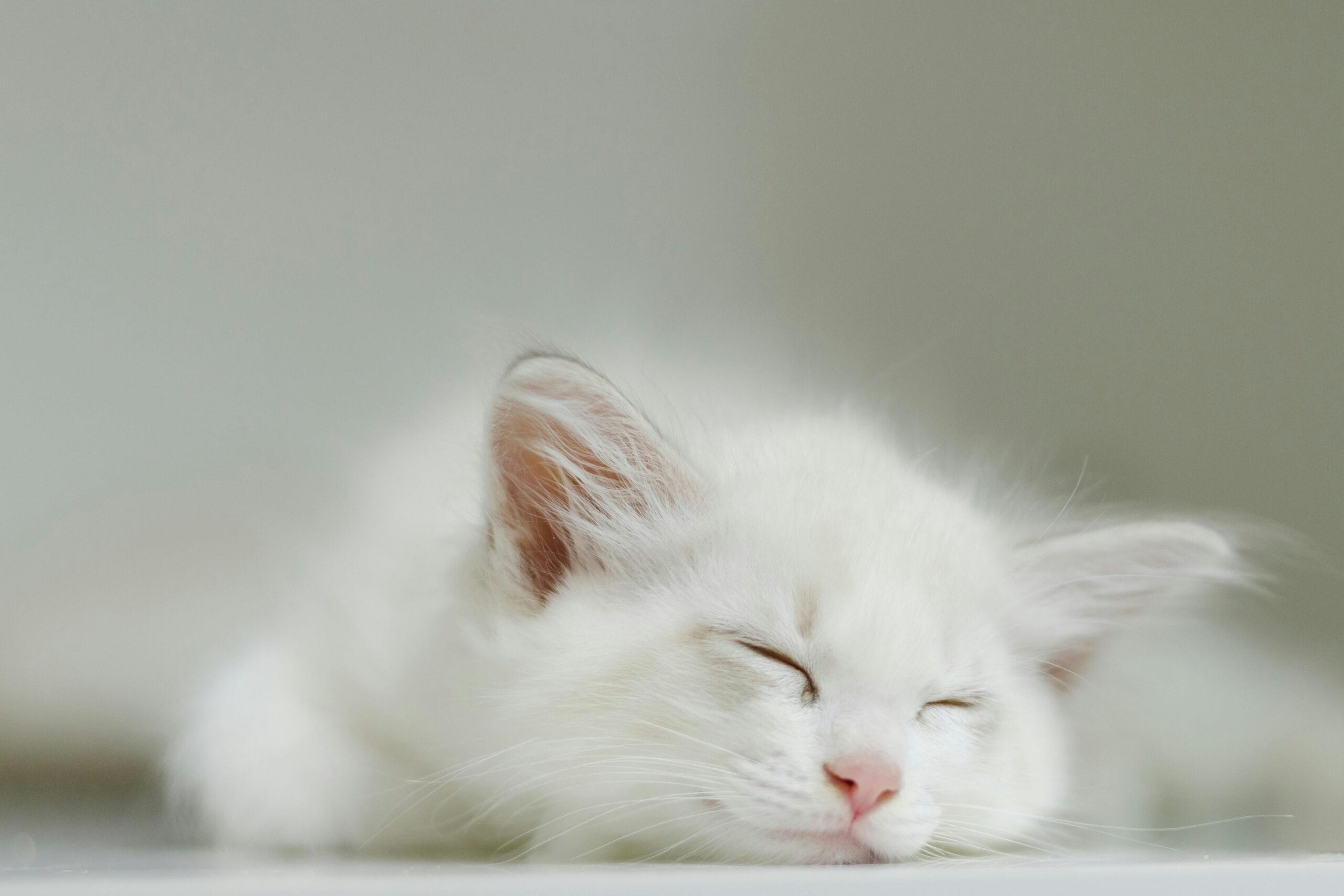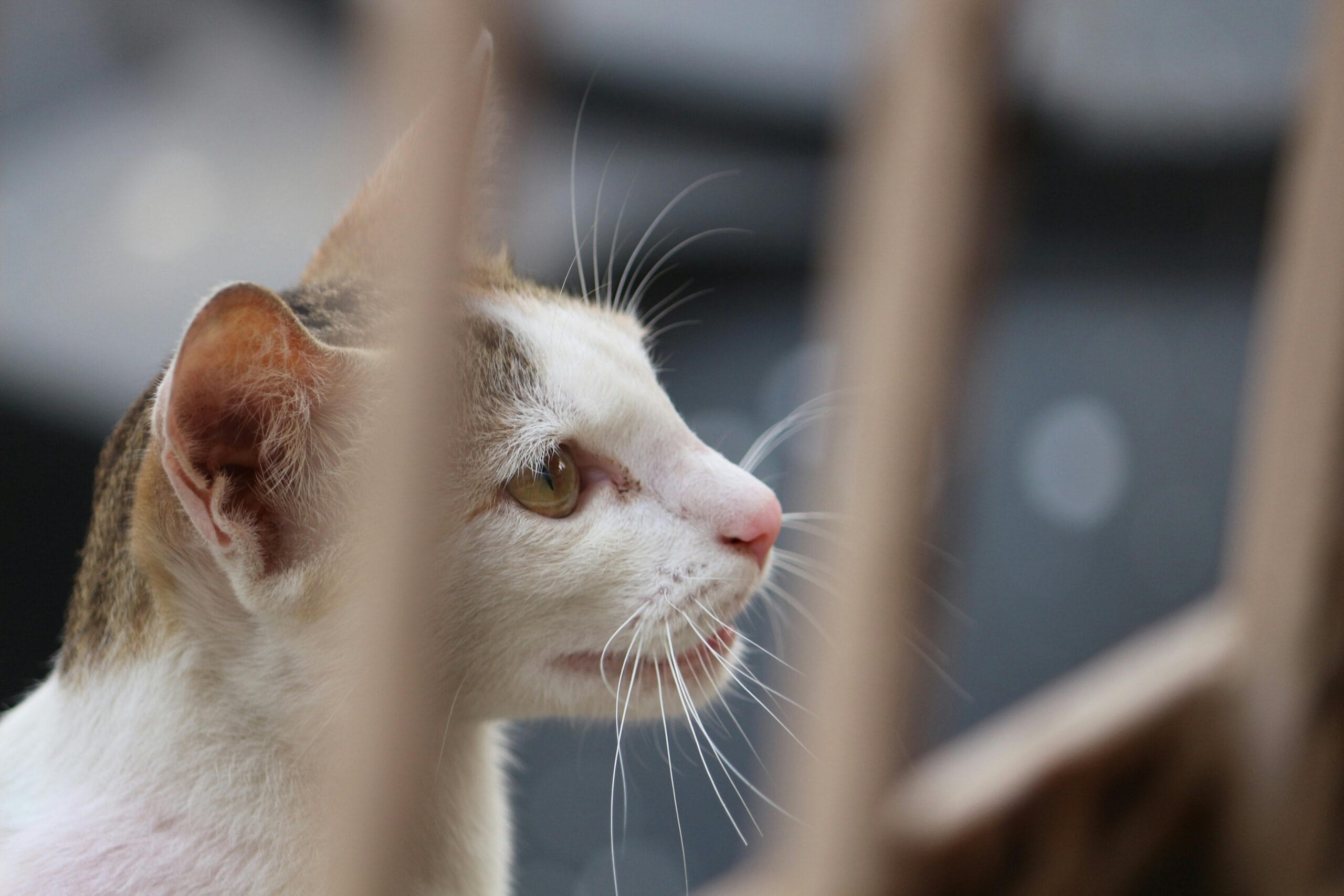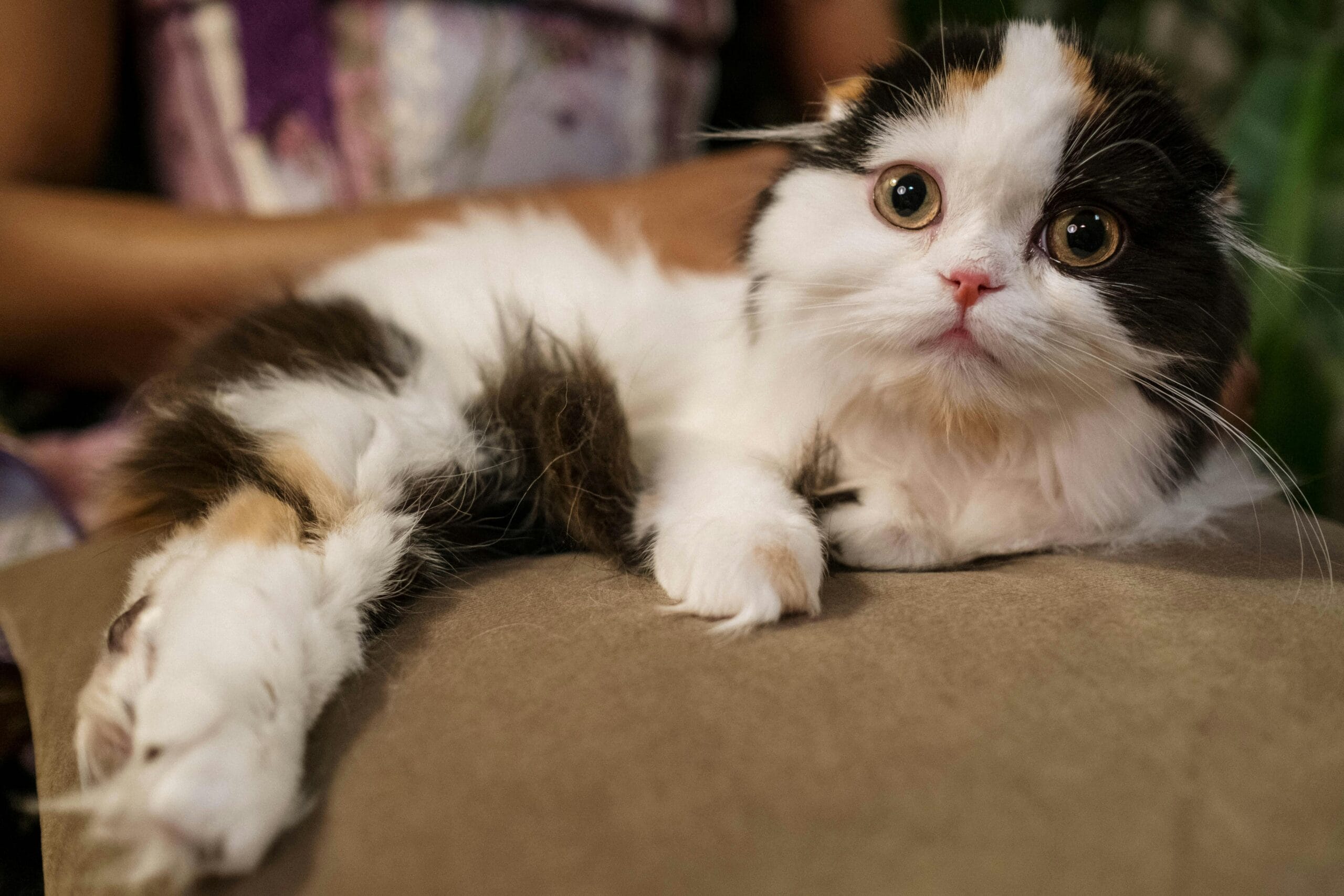Are Monsteras Toxic To Cats ?

Are Monsteras Toxic To Cats? Find out the truth about Monstera plant cat toxicity & what to do if your cat eats Monstera. Learn how to keep your feline friend safe!
Are Monsteras Toxic to Cats? A Comprehensive Guide to Monstera Plant Cat Toxicity
The popularity of Monstera deliciosa, with its iconic fenestrated leaves, has exploded in recent years. These striking plants grace homes and offices alike, adding a touch of the tropics. However, for cat owners, a crucial question arises: Are Monsteras Toxic to Cats? The short answer is yes, but understanding the extent of the toxicity and how to mitigate the risk is vital.
Understanding Monstera Plant Cat Toxicity
Monstera Plant Cat Toxicity stems primarily from insoluble calcium oxalates present in all parts of the plant – the leaves, stems, and even the aerial roots. These needle-shaped crystals cause irritation and discomfort when ingested by cats. While a small nibble might cause minor irritation, larger ingestion can lead to more serious problems.
The severity of the reaction depends on several factors, including the cat’s size, the amount of plant material ingested, and the individual cat’s sensitivity. A tiny kitten will react more severely to the same amount of Monstera than a large adult cat.
Symptoms of Monstera Ingestion in Cats
If your cat has been munching on your Monstera, watch for these symptoms:
- Oral Irritation: Excessive drooling, pawing at the mouth, and vocalization are common initial signs. Your cat may exhibit discomfort and difficulty swallowing.
- Gastrointestinal Upset: Vomiting and diarrhea are possible, often containing undigested plant material.
- Difficulty Swallowing: The sharp crystals can cause swelling in the mouth and throat, making it painful and difficult for your cat to eat or drink.
- Loss of Appetite: The discomfort and pain can lead to a decrease in appetite.
- In severe cases: In rare cases of significant ingestion, more serious symptoms like difficulty breathing or excessive swelling can occur. This warrants immediate veterinary attention.
What to Do if Your Cat Eats Monstera
If you suspect your cat has ingested part of your Monstera plant, act quickly. Don’t panic, but immediate action is key.
- Remove any remaining plant material from your cat’s reach. This prevents further ingestion.
- Rinse your cat’s mouth gently with clean water. This helps to flush out some of the irritating crystals.
- Contact your veterinarian or an animal poison control center immediately. They can provide guidance and advice based on your cat’s specific situation.
- Collect a sample of the ingested plant material if possible, to help the veterinarian determine the best course of treatment. This is particularly helpful in cases of unknown plant ingestion.
- Observe your cat closely for any developing symptoms. Monitor their eating, drinking, and elimination habits.
It is crucial to remember that home remedies are not a substitute for professional veterinary care. Delaying treatment can worsen the situation.
Preventing Cats from Eating Monstera
Prevention is always better than cure. Here are several strategies to minimize the risk of Cats Eating Monstera:
- Keep your Monstera out of reach: Place your plant on a high shelf, in a hanging planter, or behind a barrier your cat can’t access.
- Use deterrents: Some cats are deterred by citrus scents. Place orange or lemon peels near the plant, though this isn’t foolproof.
- Provide alternative attractions: Offer your cat plenty of engaging toys and scratching posts to distract them from the plant.
- Catnip or silvervine: These plants are safe for cats and can provide a satisfying alternative to nibbling on toxic plants. They can be a good distraction.
- Train your cat: While not always easy, you can try training your cat to leave the plant alone using positive reinforcement techniques.
Understanding the Severity: Minor Nibbles vs. Significant Ingestion
The severity of the reaction to Monstera Plant Cat Toxicity is directly related to the quantity ingested. A small nibble might result in only minor oral irritation, perhaps some drooling and pawing at the mouth. However, significant ingestion can lead to more serious gastrointestinal distress and potentially require veterinary intervention.
Remember, even if you only observe mild symptoms, contacting your veterinarian is always recommended. They can assess the situation and offer appropriate advice.
The Role of ASPCA and Other Resources
When researching plant toxicity, it’s crucial to consult reliable sources. The ASPCA (American Society for the Prevention of Cruelty to Animals) provides a comprehensive database of toxic and non-toxic plants for pets. Their website is an invaluable resource for pet owners concerned about plant safety.
Another excellent resource is the Pet Poison Helpline. They offer 24/7 access to veterinary experts who can provide immediate guidance in case of pet poisonings, including plant ingestion. Their services can be invaluable in emergencies.
Always verify information from multiple credible sources before making any decisions regarding your pet’s health. Do not rely solely on anecdotal evidence found online.
Alternatives to Monsteras for Cat-Friendly Homes
If you’re a cat owner and love the look of Monsteras but are concerned about toxicity, there are many beautiful, cat-safe alternatives. Consider exploring plants like spider plants, calathea, or prayer plants. These offer similar visual appeal without the risk of toxicity. Researching cat-safe plants before bringing them into your home is crucial to ensure a safe environment for your feline friend. Many online resources catalog safe plant options.
Long-Term Effects of Monstera Ingestion
While most cases of Cats Eating Monstera result in temporary discomfort, it’s important to be aware of potential long-term effects. Severe cases of ingestion can lead to esophageal damage or scarring, potentially impacting your cat’s ability to swallow or eat in the future. This emphasizes the importance of immediate veterinary intervention should a large ingestion occur.
Regular check-ups with your veterinarian are crucial for monitoring your cat’s overall health and identifying any potential long-term complications arising from plant ingestion or other incidents. Early detection of any health problems can significantly improve treatment outcomes.
Conclusion: Prioritize Your Cat’s Safety
Ultimately, the question, “Are Monsteras Toxic to Cats?” is answered with a resounding yes. While the severity of the reaction can vary, the risk of irritation and potential health complications is undeniable. By understanding the potential dangers of Monstera Plant Cat Toxicity and implementing preventative measures, you can ensure a safe and happy environment for your beloved feline companion.
Remember, prevention is key. Keeping your Monstera out of reach is the most effective method of preventing your cat from accidentally ingesting this toxic plant. If ingestion does occur, seek veterinary attention immediately.
Share Your Experience!
Have you had any experiences with your cat and Monstera plants? Share your stories and tips in the comments below! Let’s create a community to help other cat owners keep their furry friends safe from potentially toxic plants. What preventative measures have you found most effective in preventing Cats Eating Monstera? We’d love to hear your experiences with Monstera Plant Cat Toxicity and how you’ve managed it.

10 FAQs: Are Monsteras Toxic to Cats?
1. Are Monsteras toxic to cats?
Yes, Monsteras are toxic to cats. They contain insoluble calcium oxalates which cause irritation and discomfort if ingested. This applies to all parts of the plant, including leaves and stems. The level of toxicity varies depending on the amount ingested and the cat’s size.
2. What happens if my cat eats a Monstera plant?
If your cat eats a Monstera, it can experience oral irritation, excessive drooling, vomiting, and difficulty swallowing. In severe cases, pawing at the mouth and swelling of the tongue and lips can occur. Monstera plant cat toxicity is a serious issue requiring immediate veterinary attention.
3. How toxic are Monsteras to cats?
While not usually fatal, Monstera plant cat toxicity can cause significant pain and discomfort. The severity depends on how much your cat consumes. Even a small amount can lead to oral irritation. It’s best to prevent any ingestion altogether.
4. What are the symptoms of Monstera poisoning in cats?
Symptoms of cats eating Monstera include excessive drooling, pawing at the mouth, vomiting, difficulty swallowing, oral irritation, and potentially swelling of the mouth and tongue. If you notice any of these signs, contact your veterinarian immediately.
5. What should I do if my cat eats a Monstera leaf?
Immediately contact your veterinarian or an animal poison control center. Try to determine how much of the plant your cat ingested and describe the symptoms. Do not induce vomiting unless instructed by a vet.
6. Are all types of Monsteras toxic to cats?
Yes, all varieties of Monstera plants, including popular houseplants like the Monstera deliciosa, are considered toxic to cats due to the presence of insoluble calcium oxalates. There’s no such thing as a “non-toxic” Monstera for cats.
7. My cat only nibbled a small piece of Monstera. Is it still dangerous?
Even a small amount can cause irritation. While it might not be as severe as a large ingestion, it’s still important to monitor your cat for symptoms. Contact your vet to discuss the situation and get advice on the best course of action. It’s better to be safe than sorry.
8. Can I keep a Monstera plant if I have a cat?
While it’s possible, it requires significant vigilance and precautions. Keeping the plant out of reach, ideally in a room your cat can’t access, is essential. However, many cat owners prefer to avoid the risk entirely and choose non-toxic plants.
9. Is there a way to make Monsteras safe for cats?
No, there’s no way to make Monsteras safe for cats. The toxic compounds are inherent to the plant itself. The only safe option is to prevent your cat from accessing the plant.
10. What are some safe alternatives to Monsteras for cat owners?
Many cat-friendly plants exist that offer similar aesthetic appeal without the risk of toxicity. Research non-toxic houseplants to find suitable replacements for your Monstera. Remember to always research thoroughly before introducing any new plant to your home, especially if you own pets.

Are Monsteras Toxic to Cats? Practical Tips & Health Considerations
Monstera deliciosa plants, with their iconic fenestrated leaves, are popular houseplants. However, they pose a potential threat to feline companions. This guide provides practical tips and health considerations regarding Monstera toxicity in cats.
Toxicity Levels
Monsteras contain insoluble calcium oxalates, which are irritating crystals. Ingestion can cause oral irritation, pain, and drooling in cats. While rarely fatal, the symptoms can be distressing and require attention.
Symptoms of Monstera Poisoning in Cats
Watch for these signs after potential ingestion:
- Excessive drooling
- Pawing at the mouth
- Oral irritation
- Vomiting
- Difficulty swallowing
- Loss of appetite
Note: Severe reactions are less common but possible. Seek veterinary attention if you observe any of these symptoms.
Practical Tips for Cat Owners
Keeping your cat safe from Monstera toxicity is key. Here’s how:
- Place the plant out of reach: High shelves or hanging baskets are ideal, ensuring your cat cannot access the leaves.
- Use deterrents: Commercial cat repellents or citrus peels (cats dislike the scent) can help discourage investigation.
- Monitor your cat: Regularly observe your cat’s behavior, especially around the plant.
- Train your cat: Rewarding your cat for staying away from the plant can positively reinforce good behavior.
- Consider alternative plants: Numerous cat-friendly plants offer similar aesthetic appeal without the toxicity risk.
Emergency Actions
If you suspect your cat has ingested part of a Monstera plant:
- Contact your veterinarian immediately: They can provide guidance and potentially administer treatment.
- Do not induce vomiting without veterinary advice: This can sometimes worsen the situation.
- Gather information: Note the amount of plant material ingested (if possible) and any observed symptoms.
SEO Keywords:
monstera toxic to cats, cat poisoning monstera, monstera plant cat safety, calcium oxalate toxicity cats, toxic plants cats, safe plants for cats, cat plant safety tips, emergency cat poisoning, veterinary care cat poisoning